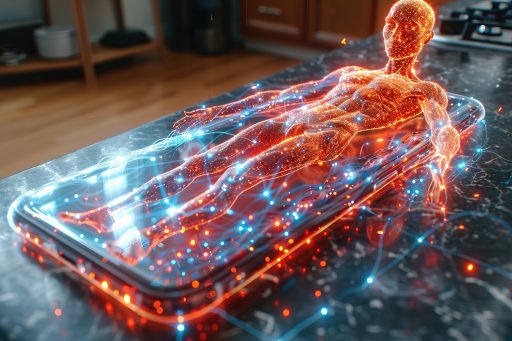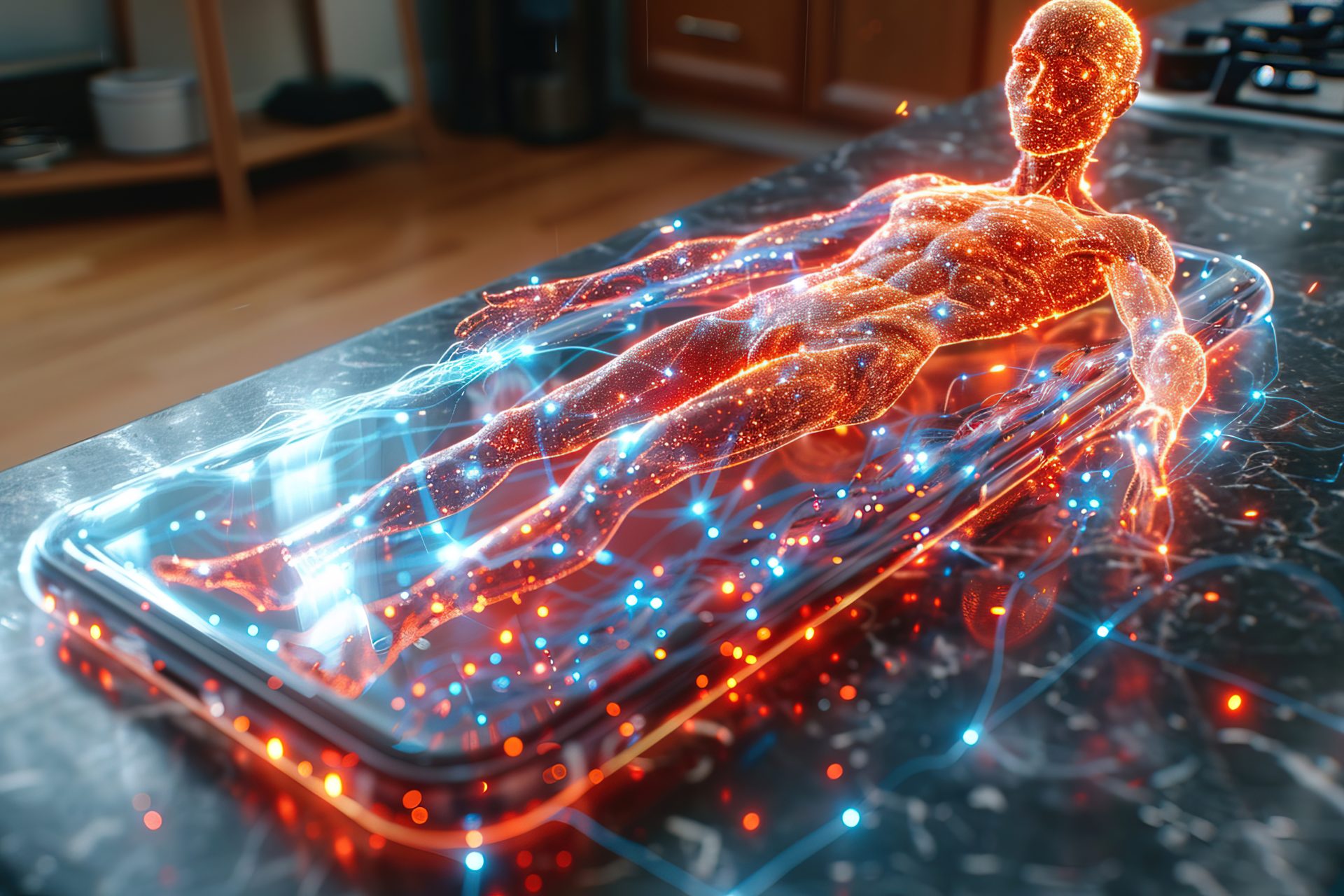In an age where our refrigerators can text us a grocery list, it’s safe to say the Internet of Things (IoT) has arrived—and it’s here to stay. From our smartwatches to our thermostats, IoT devices are transforming how we live, work, and even think. But as we welcome this hyper-connected world, it’s worth examining both the perks and pitfalls. Let’s explore how IoT is reshaping daily life, the unexpected challenges, and what the future holds for our interconnected gadgets.
Understanding the IoT Ecosystem
The IoT ecosystem is essentially a giant web of connected devices, each one embedded with sensors, software, and other tech that allows them to communicate with each other and with us. As of 2023, there are over 14 billion IoT devices worldwide, from fitness trackers and security cameras to even our coffee makers (McKinsey & Company, 2023).
“One device short of being a Transformer.” – Unknown
And it doesn’t stop at home. Smart cities are adopting IoT to improve everything from traffic flow to air quality, while industries use IoT to streamline manufacturing and improve productivity. IoT is everywhere, subtly weaving itself into our routines and making daily tasks more efficient.
Source: McKinsey & Company, “The Internet of Things: Catching up with an Accelerating Market,” 2023.
Smart Homes: Where Convenience Meets Comfort
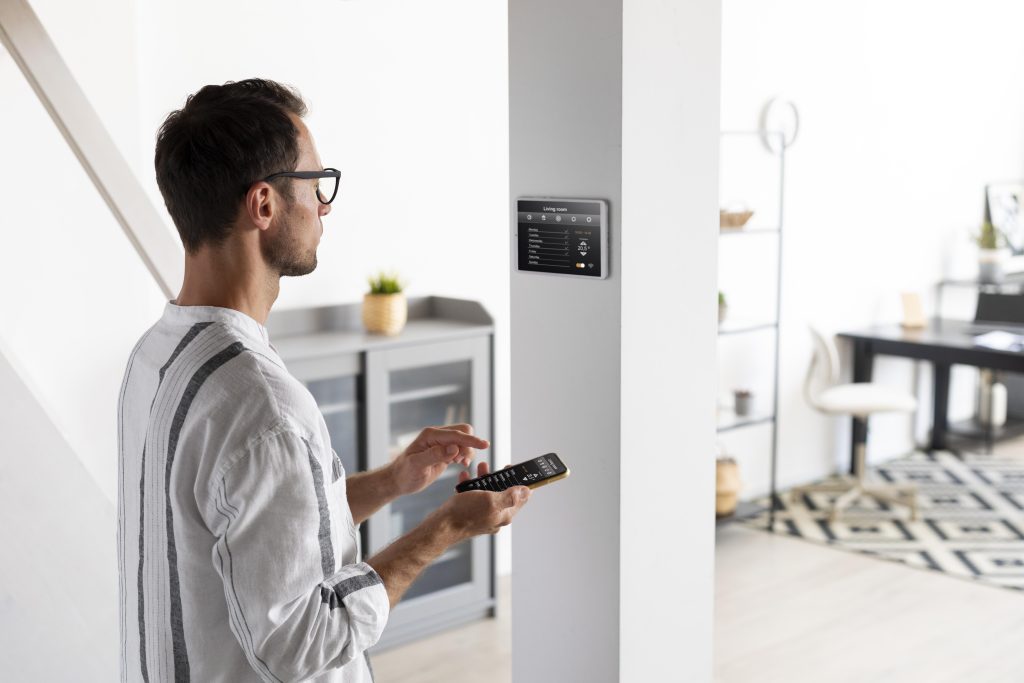
Our homes are often the starting place for IoT adoption. Imagine a morning where your coffee maker automatically brews coffee as your alarm goes off, your lights adjust based on the weather, and your thermostat has the house cozy before you’re even out of bed. Smart devices bring convenience, save energy, and increase security in one seamless package.
“Some people have a morning routine. Mine is letting my coffee maker talk to my toaster.” – Me
Smart home security has become a significant benefit, too. IoT cameras, doorbells, and sensors let us monitor and secure our homes from anywhere. They’re like our own private security teams—minus the hourly rate.
Source: Statista, “Smart Home – Worldwide,” 2024.
Health and Wellness: Your Personal Trainer (That Never Yells)

IoT has revolutionized health and wellness. Devices like smartwatches and fitness trackers monitor everything from steps to sleep quality. They’re like personal trainers that silently judge but never scream. Beyond fitness, IoT devices now support chronic illness management—think continuous glucose monitors and heart rate monitors that alert users (and their doctors) to potential issues.
For the elderly or those with medical conditions, IoT wearables provide peace of mind, monitoring for falls, heart irregularities, or emergencies and sending real-time alerts to caregivers.
“My fitness tracker must think I’m a bear hibernating for winter.”
Source: Harvard Health Publishing, “How Wearables Are Revolutionizing Healthcare,” 2022.
Smarter, Greener Living
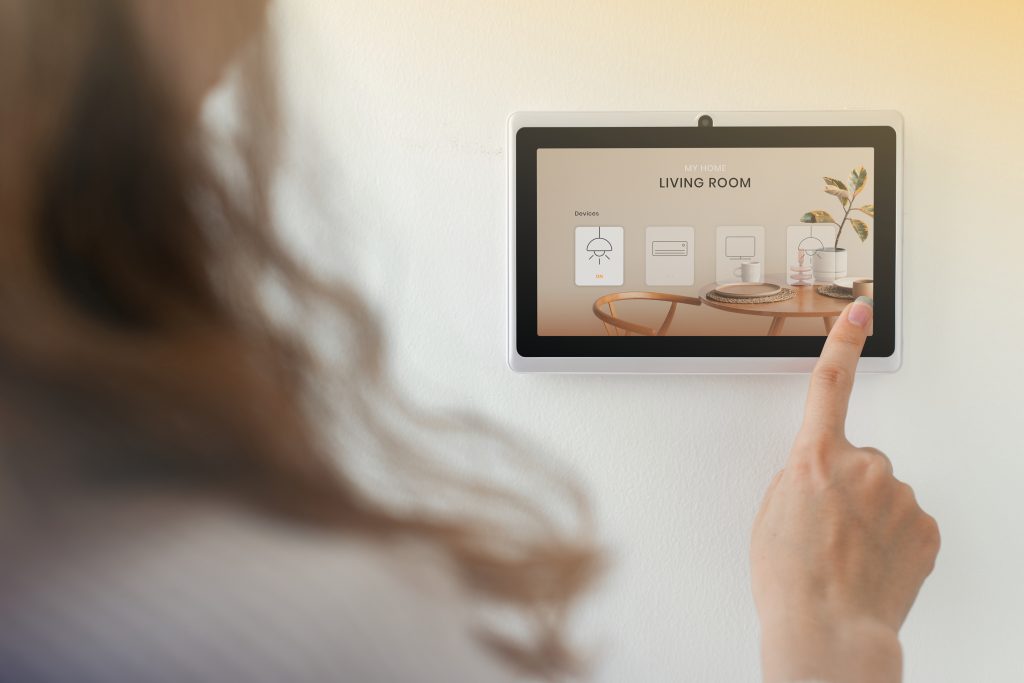
IoT isn’t just making life more convenient; it’s also contributing to sustainability. Smart thermostats learn our routines, adjusting temperatures to conserve energy when we’re not home. Smart lighting systems turn off lights when they’re not needed, reducing electricity use. On a larger scale, IoT technology helps cities optimize resources, from smart trash bins that notify waste management when they’re full to traffic systems that reduce idling time.
“Saving energy is easy—when your house does it for you.” – Someone, somewhere
Source: Environmental Protection Agency (EPA), “The Role of IoT in Smart Cities and Sustainability,” 2023.
The Dark Side of IoT: Privacy and Security
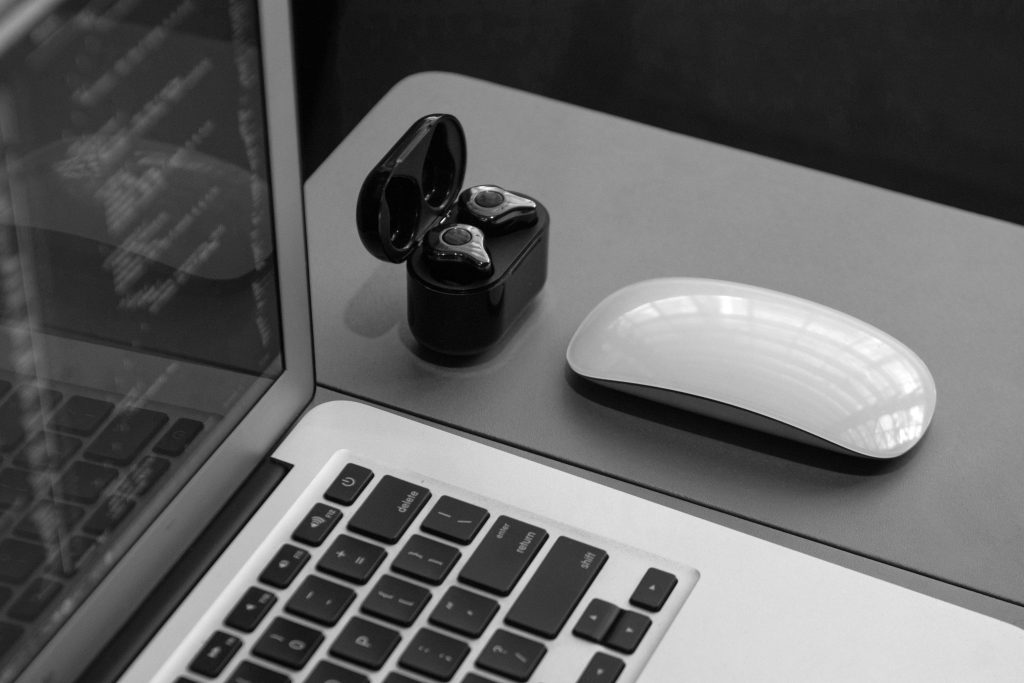
While IoT brings countless benefits, it also opens doors—literally and metaphorically—to potential security risks. Each connected device is a potential entry point for hackers. Recent studies show that many IoT devices lack robust security protocols, making them vulnerable to data breaches. With IoT constantly collecting data about our habits, location, and even health, ensuring privacy is a big concern.
“I always thought ‘being hacked’ was for action movies until my toaster joined the Wi-Fi.” – I asked AI
To protect our data, IoT devices should include strong security protocols. For us users, it’s essential to regularly update our devices, use strong passwords, and review privacy policies.
Source: Norton Cybersecurity, “Cybersecurity in the Age of IoT,” 2023.
The Future of IoT: What Lies Ahead?

With AI integration, the future of IoT promises devices that don’t just respond to us but anticipate our needs. Think of a morning where your alarm wakes you, the coffee brews, and your car not only warms up but routes the best way to work based on traffic data. IoT will soon be less about single devices and more about holistic experiences where everything works in sync.
“Alexa, please take over the world—oh wait, she already is.” – Every Smart Home Owner, Eventually
Source: TechCrunch, “The Next Frontier: AI in IoT and the Future of Smart Living,” 2024.
Wrapping It Up
IoT is reshaping how we live, work, and play, blending convenience with advanced technology in ways we never imagined. While there are challenges, particularly in privacy and security, the IoT ecosystem is here to stay. Embracing it thoughtfully allows us to enjoy a more connected, efficient, and ultimately smarter world.
Let me know in the comments your thoughts!
